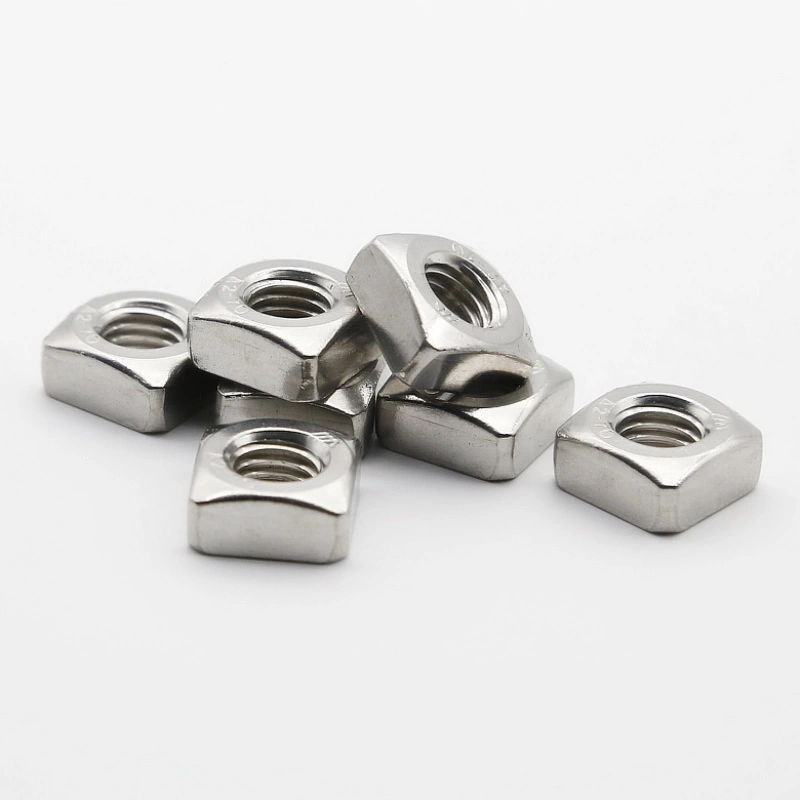

self tapping screws for cast iron
ต.ค. . 14, 2024 15:11 Back to list
self tapping screws for cast iron
Self-Tapping Screws for Cast Iron An Overview
When it comes to fastening materials, self-tapping screws stand out as an essential solution, especially in applications involving cast iron. Cast iron, known for its impressive strength and durability, is widely used in various industries, including automotive, plumbing, and construction. However, selecting the right fastening method for working with cast iron can be intricate. This article delves into the benefits, types, and considerations of using self-tapping screws in conjunction with cast iron.
Understanding Self-Tapping Screws
Self-tapping screws are designed to create their own threads when driven into a material, eliminating the need for pre-drilled holes. This unique feature makes them incredibly versatile and efficient, particularly in applications where time and precision are paramount. The various configurations of self-tapping screws allow them to be used in a wide range of materials, including metals, plastics, and wood.
Advantages of Self-Tapping Screws in Cast Iron Applications
1. Ease of Use One of the most significant advantages of self-tapping screws is their ease of installation. For cast iron components, which can often be heavy and challenging to work with, self-tapping screws simplify the fastening process. Technicians can quickly secure pieces without the hassle of additional tool setups.
2. Reduced Labor Costs The ability to skip the pre-drilling step saves valuable time on the job site. In industrial or manufacturing settings, this can lead to reduced labor costs due to enhanced efficiency.
3. Strong Joint Formation When appropriately selected, self-tapping screws can create a strong and reliable joint. This is crucial in cast iron applications where structural integrity is paramount, such as in engine components or heavy machinery.
4. Vibration Resistance Cast iron components often experience vibrations due to operating conditions. Self-tapping screws designed specifically for such applications can provide excellent holding power, maintaining integrity even under stress.
Types of Self-Tapping Screws Suitable for Cast Iron
self tapping screws for cast iron

When selecting self-tapping screws for cast iron, there are several types worth considering
1. Thread Cutting Screws These screws feature sharp threads that cut through the cast iron, suitable for achieving a secure grip with minimal force. They are ideal for use in thinner cast iron materials.
2. Thread Forming Screws Designed for creating internal threads without removing material, these screws are best suited for thicker cast iron sections. They generate a high level of resistance to shear forces, making them a solid choice for heavy-duty applications.
3. Self-Drilling Screws These screws combine the features of a drill and a tap, allowing them to drill and thread material simultaneously. This makes them particularly useful for applications where speed and strength are vital.
Considerations When Using Self-Tapping Screws with Cast Iron
While self-tapping screws offer numerous advantages, it is crucial to consider a few factors to ensure optimal performance
- Material Compatibility Not all self-tapping screws are created equal. It's imperative to choose screws made from materials that can withstand the specific conditions of the application, such as corrosion resistance in outdoor settings.
- Screw Size and Type The right size and type of screw should match the thickness and characteristics of the cast iron being used. Over-tightening can lead to cracking, while under-tightening can result in a weak joint.
- Pilot Holes In certain cases, pre-drilling a pilot hole may still be beneficial. For particularly thick or brittle cast iron, this can prevent unwanted stress fractures.
In conclusion, self-tapping screws offer a practical and efficient solution for fastening cast iron components. By understanding the advantages, types, and best practices associated with these screws, engineers and technicians can ensure reliable and durable joinery in their projects, leading to enhanced performance and longevity of cast iron applications.
Latest news
-
Similarities and Differences Between Plain Washer and Spring Washer - Fastener Comparison Guide
NewsJun.10,2025
-
Effortless Installation Self-Drilling Window Screws - Fast, Secure, and Durable Fasteners
NewsJun.10,2025
-
Self Drilling Stucco Screws for Fast, Secure Installation Self Tapping & Self-Tapping Fasteners
NewsJun.10,2025
-
Premium Hot Dipped Galvanized Self Tapping Screws - Durable Corrosion Resistance
NewsJun.09,2025
-
Discover M12 Weld Stud Benefits & Applications Guide
NewsJun.09,2025
-
M25 Stainless Steel Washers High-Durability Fasteners for Corrosion Resistance
NewsJun.09,2025

